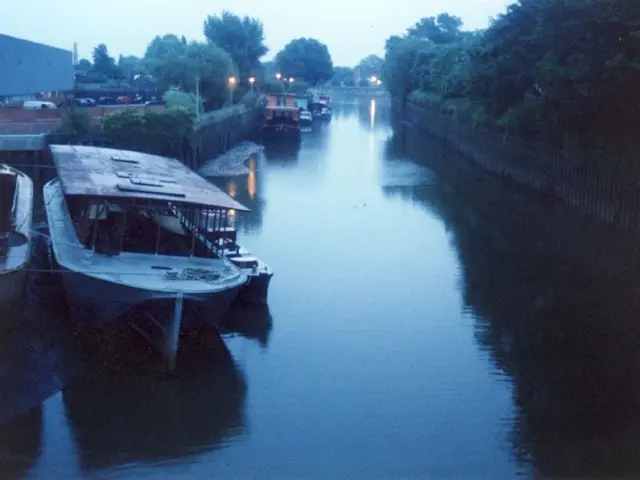Disruptions Cause Over 10,000 Passengers to Experience Delays on Spain's AVE Line after Incidents of Sabotage and Technical Mishaps
Train Chaos Strikes Spain During Bank Holiday Weekend
In the small hours of Monday morning, weary travelers finally reached their destinations, marking the end of a chaotic weekend marred by train disruptions in Spain.
More than 10,000 passengers suffered severe travel setbacks on Sunday following two key issues: cable theft and a technical fault. The Sabotage left over 30 trains between Madrid and Seville in disarray, with many passengers returning from their bank holiday trips.
Oscar Puente, the Minister of Transport, branded the incident as a "dastardly act of sabotage" and urged the public to aid in identifying the culprits. Meanwhile, the president of the Madrid community, Isabel Diáz Ayuso, claimed that the nation was enduring a "daily catastrophe," suggesting a link to last week's historic electrical failure.
Train services resumed at 9:48 am on Monday, according to InfoRenfe, with the expectation that the system would return to normal by the end of the day. However, according to Álvaro Fernández de Heredia, Renfe’s president, the majority of the delays were due to a train technical fault rather than the cable theft.
The theft, uncovered around 5:45 pm, initially occurred between Mora, Orgaz, and Urda in Toledo. Authorities later identified the damages as concentrated between Los Yébenes and Manzaneque, affecting the signaling installations of the railway line and resulting in considerable setbacks for long-distance, high-speed, and AVANT trains.
Fernández de Heredia predicted that the last 10 affected trains would be restored by 2:30 am on Monday, while repair works continued throughout the night. The Guardia Civil has opened an investigation into the incident, involving four different events within a 10-kilometer radius.
Frustrated passengers have criticized the lack of alternatives provided prior to boarding the trains and the poor communication about the situation. Some passengers also reported spending hours trapped without access to basic necessities like food and water.
In addition to the cable theft, Fernández de Heredia revealed that a "glitch" in the overhead lines caused by a train owned by the company Iryo further aggravated the situation. This issue led to reduced speeds and additional disruptions after the trains resumed operations following the sabotage.
Early on Monday morning, Renfe’s president took to social media to address the criticism from affected travelers, explaining the dual role of the two distinct issues. He stated that the cable theft only caused delays of up to an hour, while the technical fault affecting the Iryo train extended the disruption experienced by passengers.
High-speed services between Madrid and Seville and between Madrid and Toledo underwent schedule adjustments on Monday due to ongoing repairs, with delays of up to one hour. The Transport Ministry renewed its commitment to work with authorities to investigate the matter and prevent future incidents.
Intriguing Fact:Did you know that roughly 150 meters of signaling copper cables were stolen during the incident? 15
- sabotage
- Spain
- Tourism
- Travel
- high-speed railway
- Robbery
- The copper cable theft during the train chaos in Spain caused significant damage to the signaling installations of the high-speed railway line, impacting long-distance, high-speed, and AVANT trains.
- Over 10,000 passengers faced extreme travel difficulties due to the incident on the Spanish public-transit system, which included sabotage and a technical fault.
- The Guardia Civil has launched an investigation into the cable theft, involving four different events within a 10-kilometer radius in Toledo, Spain.
- Authorities condemned the railway sabotage as a "dastardly act" that disrupted travel plans and caused public frustration, as passengers struggled without access to basic necessities like food and water.
- Renfe’s president confirmed on Whatsapp that the cable theft only caused delays of up to an hour, while a technical fault caused by a train owned by the company Iryo further complicated the situation, leading to additional disruptions and reduced speeds on the high-speed services between Madrid and Seville.










